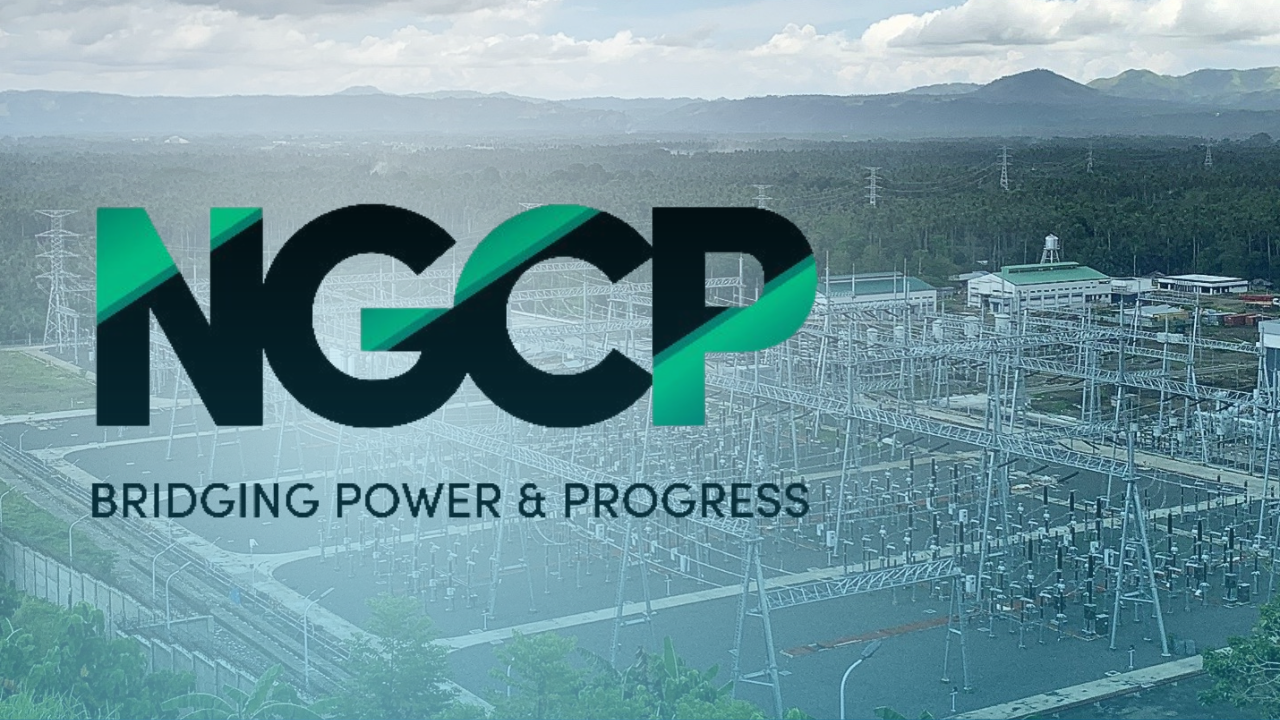NGCP commits to complete more transmission lines
The National Grid Corporation of the Philippines (NGCP) said on Thursday that it is fully committed to partner with the government to achieve 100% total electrification by the end of President Ferdinand Marcos Jr.’s term.
The transmission firm has been on a roll since it took over transmission operations from the government in 2009.
Among these projects are the Mindanao-Visayas Interconnection, the Cebu-Negros-Panay 230kV Interconnection, and the full energization of the Mariveles-Hermosa-San Jose 500kV transmission backbone in Western Luzon that will support the country’s growing energy demands.
READ: NGCP: Delays in recovering investments to affect transmission projects
“Commitment to excellence has always been part of NGCP’s DNA, and we will continue to strive harder, along with the support of our national government, in bringing better service for all Filipinos,” NGCP President and CEO Anthony Almeda said.
The Mariveles-Hermosa-San Jose Transmission Line, which was inaugurated by Marcos last July 12, stands to benefit 59 million consumers and other power users as the facility further secures and stabilizes the power transmission services in Luzon.
Almeda, however, recognized that total electrification of households in the country, especially in far flung areas, could still be a challenge but that does not deter the NGCP to do more in partnership with the Department of Energy (DOE), the key agency that oversees the implementation of strategies outlined in the 2023-2032 National Total Electrification Roadmap (NTER).
As of June 2023, the DOE said that approximately 25.3 million households have benefited from the electrification program. This represents a household electrification level of 91.1% out of an estimated potential of 27.7 million households based on the 2020 Census on Population and Housing (CPH).
The DOE added that there are still around 2.5 million unserved households or approximately 10.25 million people that need access to electricity. The government continues to work toward achieving 100% total electrification by 2028 through various strategies, including regular connections, distribution line extensions, standalone home systems, and microgrid systems.
READ: NGCP seeks P87.7B to recover investments in two major lines
The NGCP chief also said the firm will collaborate closely with the DOE to complete more transmission projects on time, particularly the Batangas-Mindoro interconnection project and the Northern Luzon 230kV loop, as per instruction of Marcos.
Almeda further cited the importance of creating an investor-friendly environment that encourages the inflow of capital into the energy sector and ensures a level playing field.
“While the enhancement of transmission and distribution systems remains a priority, it is clear that these efforts must be complemented by the establishment of new power generation capacities and the creation of a more friendly business environment to make the sector more appealing to investors,” he said.
